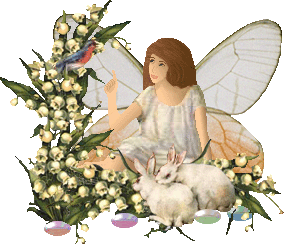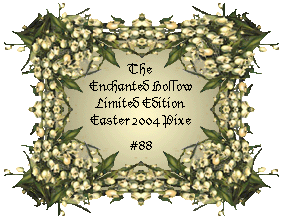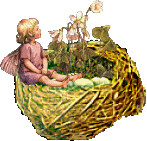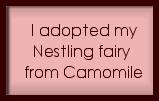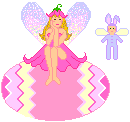|
A Victorian Easter When I think of a Victorian Easter I picture the Easter Parade....with all the ladies showing off their Easter bonnets. The Easter bonnet and new clothes on Easter symbolized the end of the dreary winter and the beginning of the fresh, new spring. At the turn of the century, it was popular for families to stroll to church and home again to show off their "Sunday best." I remember as a young girl looking forward to getting my new outfit and I couldn't wait to wear it on Easter Sunday. I felt so grown up with my bonnet and gloves and even a little pocketbook. I also think of Easter egg hunts and Easter egg rolls. Never heard of an Easter Egg roll?..... The rules of an Easter Egg Roll are to see who can roll an egg the greatest distance or can make the roll without breaking it, usually down a grassy hillside or slope.
The Religious Side Of Easter What
is
Easter? How
is
the
date
of
Easter
determined? What
are
the
roots
of
Easter?
|
